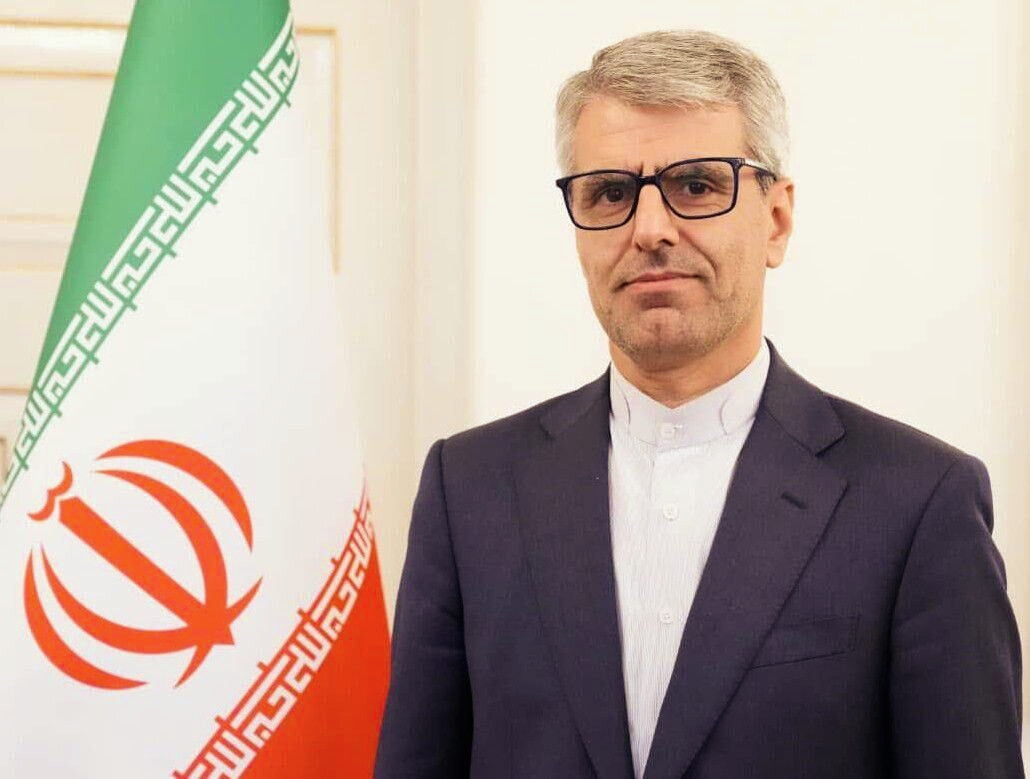The spokesperson for the Iranian Ministry of Foreign Affairs, Ismail Baqai, confirmed on Monday, July 28, that a delegation from the International Atomic Energy Agency, a United Nations agency, will visit Tehran in the next two weeks. He pointed out that the visit aims to discuss future cooperation between the two sides, according to a guideline to be presented based on a new parliamentary law imposing restrictions on this cooperation.
The Iranian announcement comes a few days after the Director General of the International Atomic Energy Agency stated that Tehran had expressed readiness to resume technical talks, in a step that appears to be an attempt to contain the escalating tension between the parties.
Iran's Deputy Foreign Minister Kazem Gharibabadi, during a visit to New York, also stated that Iran had agreed to receive a technical team from the agency to discuss a "new mechanism" for managing relations between Tehran and the agency, clarifying that the visit will not include inspecting Iranian nuclear sites.
In early July, Iran announced the suspension of its cooperation with the agency, in an escalatory step described by experts as a warning of entering a more dangerous phase of the Iranian nuclear crisis. This decision came after Iranian President Masoud Pezeshkian approved a law passed by parliament following unprecedented Israeli and American airstrikes targeting Iranian nuclear facilities, resulting in hundreds of casualties.
Tehran considered that the International Atomic Energy Agency and its Director General were complicit in the "crimes" that targeted it, accusing the agency of assisting in paving the way for attacks through its critical reports on Iran.
During the same month, Iran removed surveillance cameras belonging to the agency from its nuclear facilities and announced the departure of a large number of agency inspectors from the country.
On the other hand, the agency stated in a post on the "X" platform that its inspectors were present in Tehran throughout the 12-day military escalation with Israel, which included US strikes targeting Iranian nuclear infrastructure.
Iranian President Pezeshkian, during a phone call with European Council President Antonio Costa on July 10, linked Iran's continued cooperation with the International Atomic Energy Agency to the agency making changes to what he described as its "double standards" towards the Iranian nuclear file. In return, Costa affirmed the European Union's support for the pivotal role played by the agency in maintaining global nuclear security.
In his recent statements, Pezeshkian warned that any repetition of aggression against Iran would be met with a more "decisive and painful" response, confirming that suspending cooperation with the agency was a direct response to its report issued in June, which Tehran saw as a justification for the military attacks it faced.
Thus, the relationship between Iran and the International Atomic Energy Agency remains pending on the results of the upcoming visit by the technical team, amid regional and international doubts about Iran's nuclear intentions, and growing fears of the situation sliding towards a more intense confrontation.

